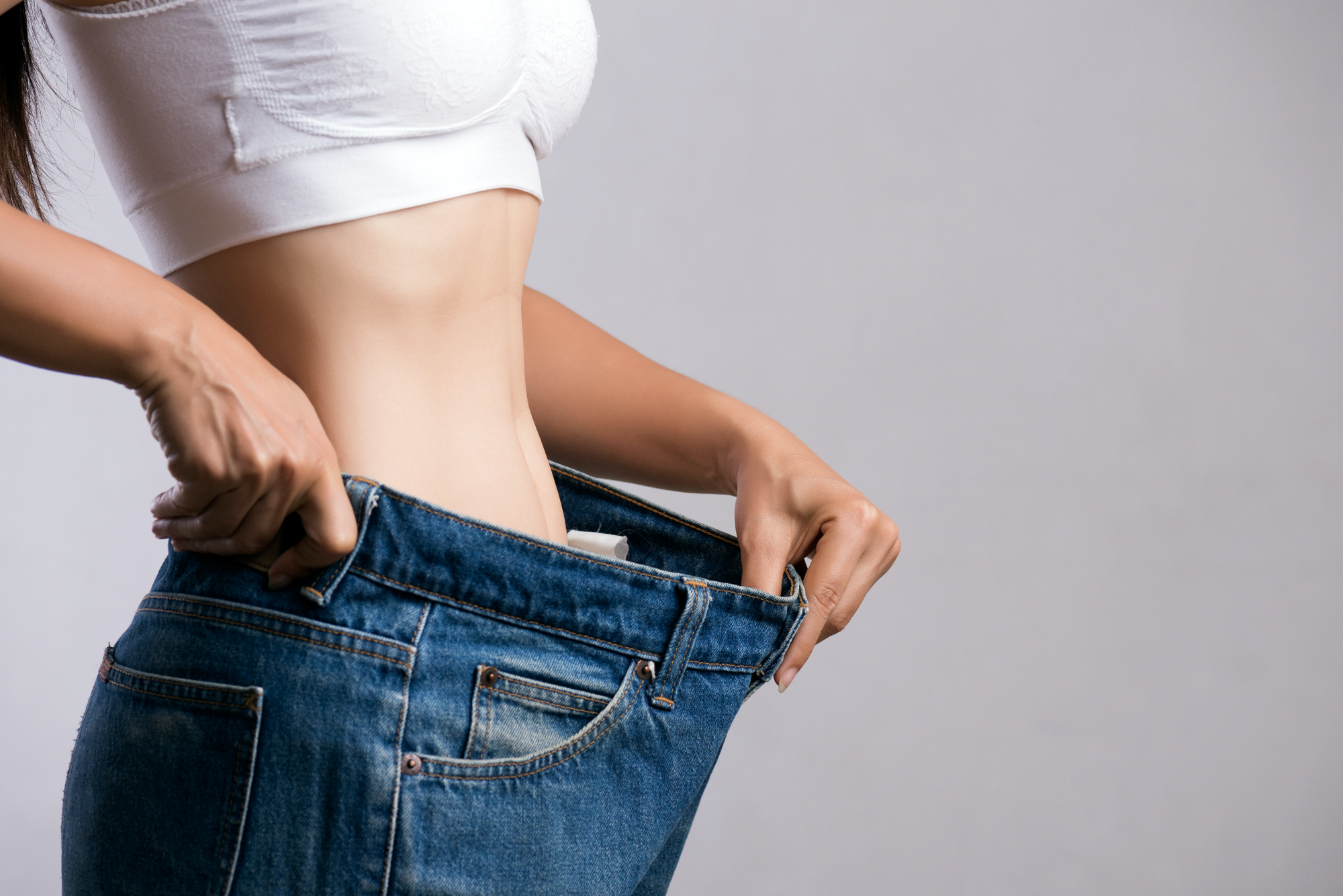

· By Alicia Stacey
Want to Lose Belly Fat? Try Soluble Fiber
There’s no one-size-fits-all solution when it comes to losing stubborn belly fat. One thing we do know is that whichever regimen you choose to slim down your midsection will likely include your diet—and there’s one nutrient you can’t forget to include: Fiber.
But not just any fiber. Soluble fiber is the type of dietary fiber that has been associated with losing belly fat. Didn’t know that there were even different types of fiber? Read on to learn more!
What is dietary fiber?
Dietary fiber is a component of plant food that can’t be broken down by your body’s enzymes. As it goes through the digestive system, it helps you digest and absorb nutrients from your food, so it’s super beneficial for your gut.
Since gut health is tied to your heart, immunity, hair, skin, nails, and more, fiber benefits your overall health. This is partly why doctors and experts recommend fiber to help lower the risk of diabetes, cardiovascular disease, and high blood pressure. It’s also associated with preventing constipation, hemorrhoids, and colon cancer.
What are the types of fiber?
There are two types of fiber:
- Insoluble fiber doesn’t dissolve in water. Instead, it absorbs the water and works like a bulking agent in the intestines to help you poop efficiently.
- Soluble fiber dissolves in water. It forms a gel-like substance that slides through your gut, picking up junk and toxins along the way.
How may soluble fiber help you lose belly fat?
Soluble fiber may slow down the release of food into your stomach.
When soluble fiber mixes with water and turns into gel, it slows down part of the digestive process—namely, the stomach releasing the food you’ve eaten into your gut. This has been associated with the loss of belly fat and the prevention of developing it.
Soluble fiber is prebiotic.
Another characteristic of soluble fiber is that it’s prebiotic. That means it acts like fertilizer for your gut microbiota—the tons of friendly bacteria that keep you and your gut healthy. It’s also been linked to a greater variety within the gut microbiota. Studies have shown that people who have more diverse bacteria in their gut are less likely to have a lot of belly fat.
Soluble fiber can help you burn fat.
When the bacteria in your gut breaks down soluble fiber, they produce short-chain fatty acids. These can help you burn fat and prevent your body from storing it, cutting down belly fat in the process. While research is still necessary to understand how this process happens, many studies link short-chain fatty acids to lower amounts of belly fat.
Soluble fiber keeps you full for longer.
Soluble fiber is great at keeping cravings away and helping you feel fuller longer. Experts say this could be due to the ability of soluble fiber to regulate certain hormones related to appetite.
The FDA recommends 21 to 25 grams of fiber daily for women, and 30 to 38 grams for men.
Of course, if you don’t have an appetite, you’re less inclined to eat. If you eat less, you consume fewer calories and can lose weight, including in the belly.
How can I get more soluble fiber in my diet?
While there stands to be more research about soluble fiber and reducing belly fat, it can still benefit you in so many ways. It’s why the FDA recommends 21 to 25 grams of fiber daily for women, and 30 to 38 grams for men.
Here’s how you can get more soluble fiber in your diet:
- Eat plant-based foods like flaxseed, beans, avocados, and sweet potatoes
- Take a fiber supplement with a soluble fiber like psyllium husk
Bellway fiber supplements are not only made with psyllium husk, but also contain no artificial ingredients, dyes, or sweeteners. That makes them a completely natural (and delicious!) way to get more soluble fiber in your diet. Just be sure to confirm with a doctor that it's right for you, as you would with any supplement.
Regardless of which option you choose to increase your soluble fiber intake to help get rid of belly fat, be sure to give your body time to adjust to the change. Start slow and gradually take more and more soluble fiber every day, ensuring to drink more water as well.



